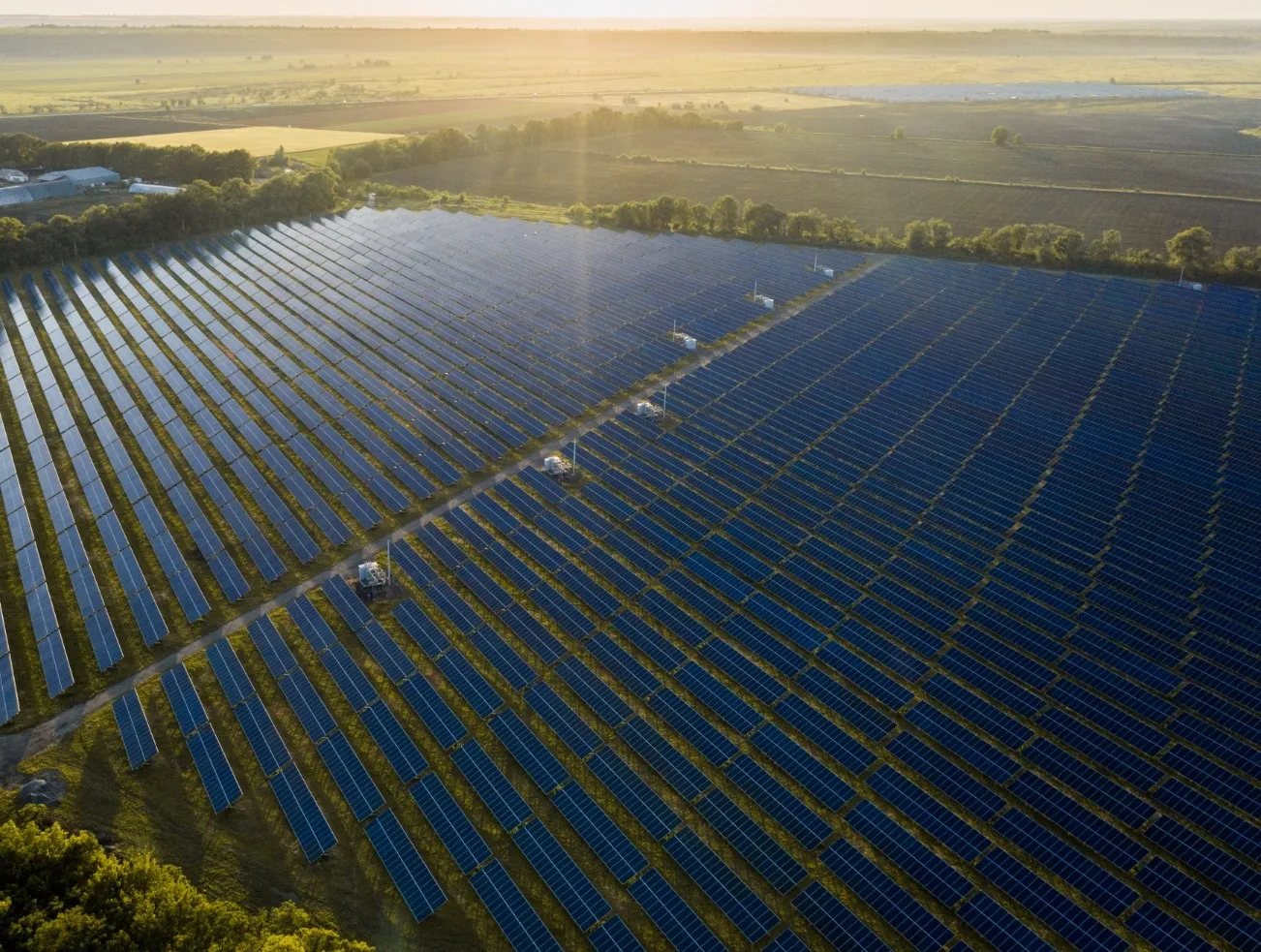In the past decade, solar photovoltaic (PV) technology has seen exponential growth and development, becoming a pivotal player in the global shift towards renewable energy. This article explores the transformative power of solar PV, its technological advancements, economic benefits, and the significant impact it has on the environment and society.
Technological Advancements
Solar PV technology has evolved significantly since its inception. Today, we have highly efficient panels capable of converting sunlight into electricity with unprecedented effectiveness. Innovations such as bifacial panels, which can absorb sunlight from both sides, and perovskite solar cells, promising higher efficiency at lower costs, are revolutionising the industry.
Economic Benefits
The cost of solar PV has dropped dramatically, making it one of the most affordable energy sources. The levelised cost of electricity (LCOE) for solar is now competitive with traditional fossil fuels. This affordability opens opportunities for homeowners, businesses, and even entire communities to invest in solar, reducing their energy bills and reliance on grid electricity.
Environmental and Societal Impact
Solar PV plays a critical role in reducing greenhouse gas emissions. By replacing fossil fuel-based energy, solar PV helps mitigate climate change. Additionally, the deployment of solar PV systems creates jobs, fosters technological innovation, and promotes energy independence. As more countries commit to achieving carbon neutrality, solar PV will undoubtedly play a key role in realising these goals.





